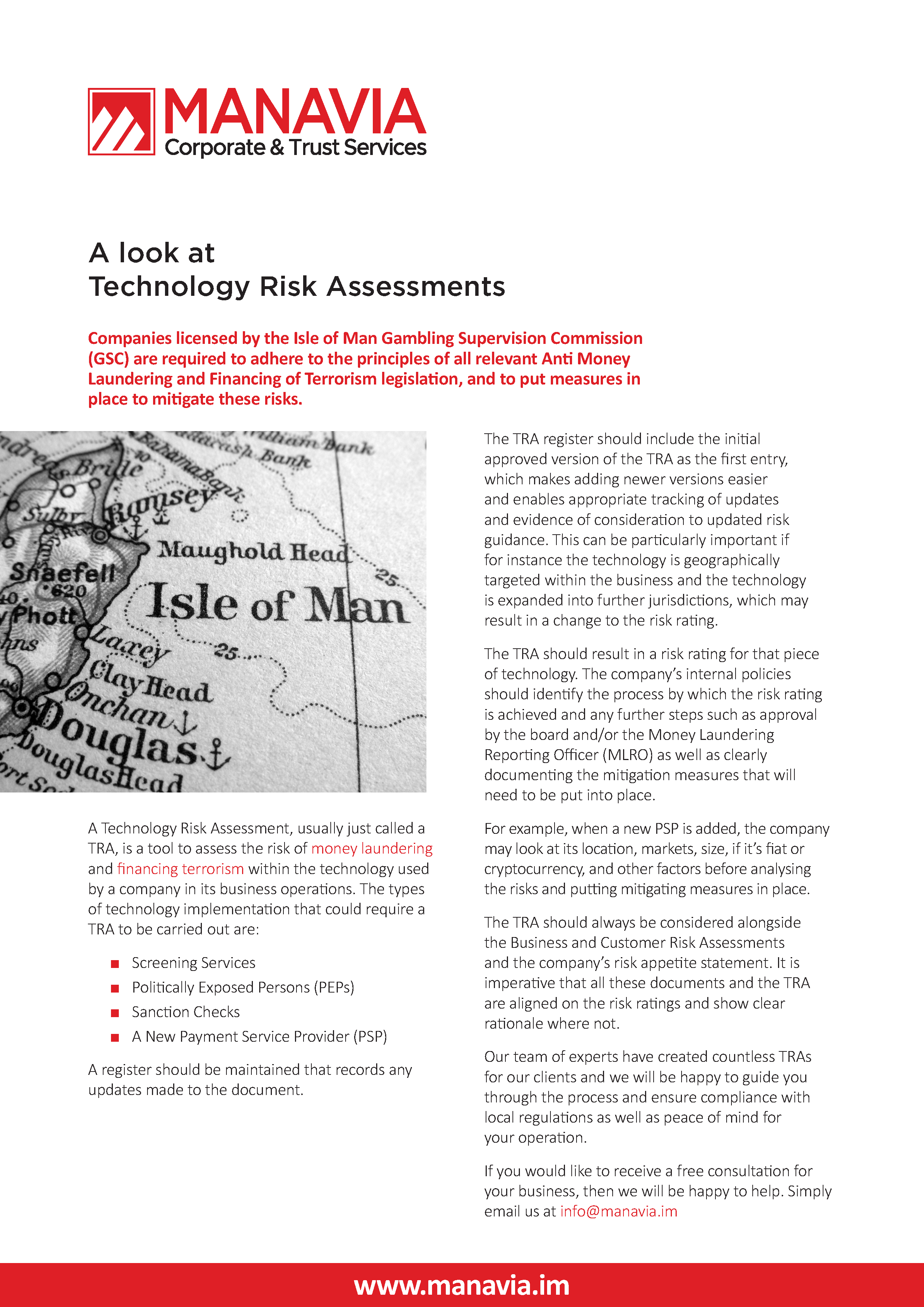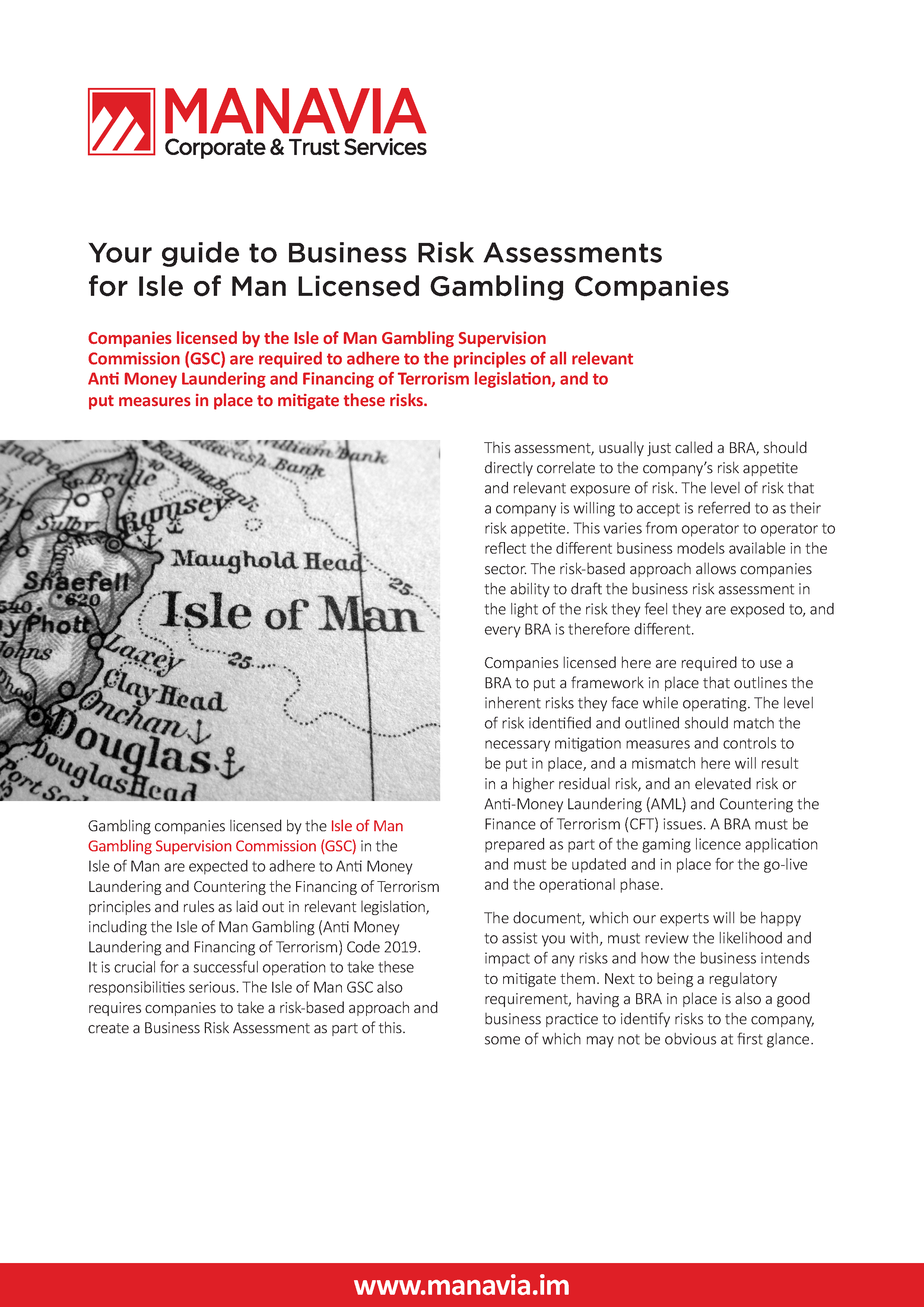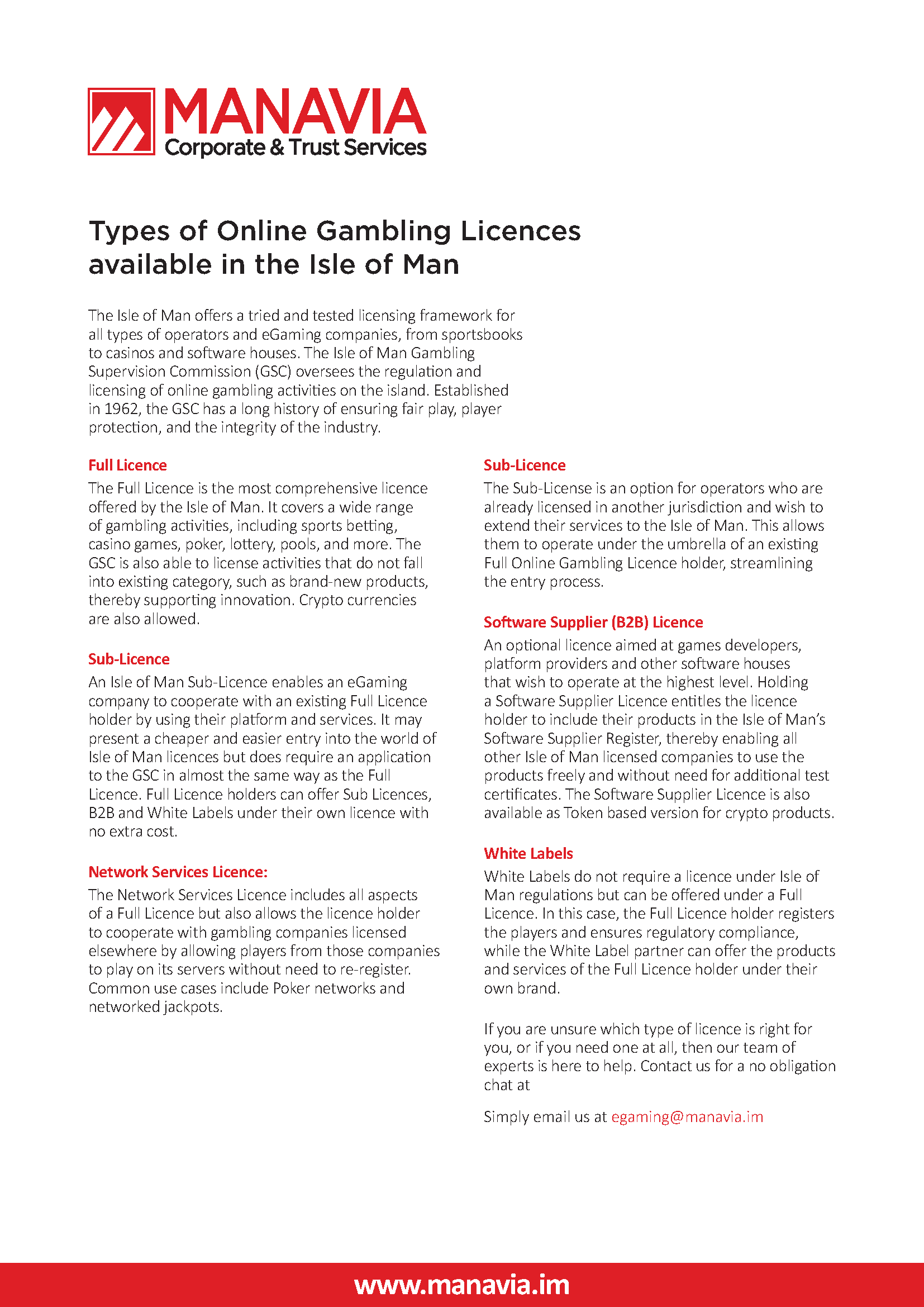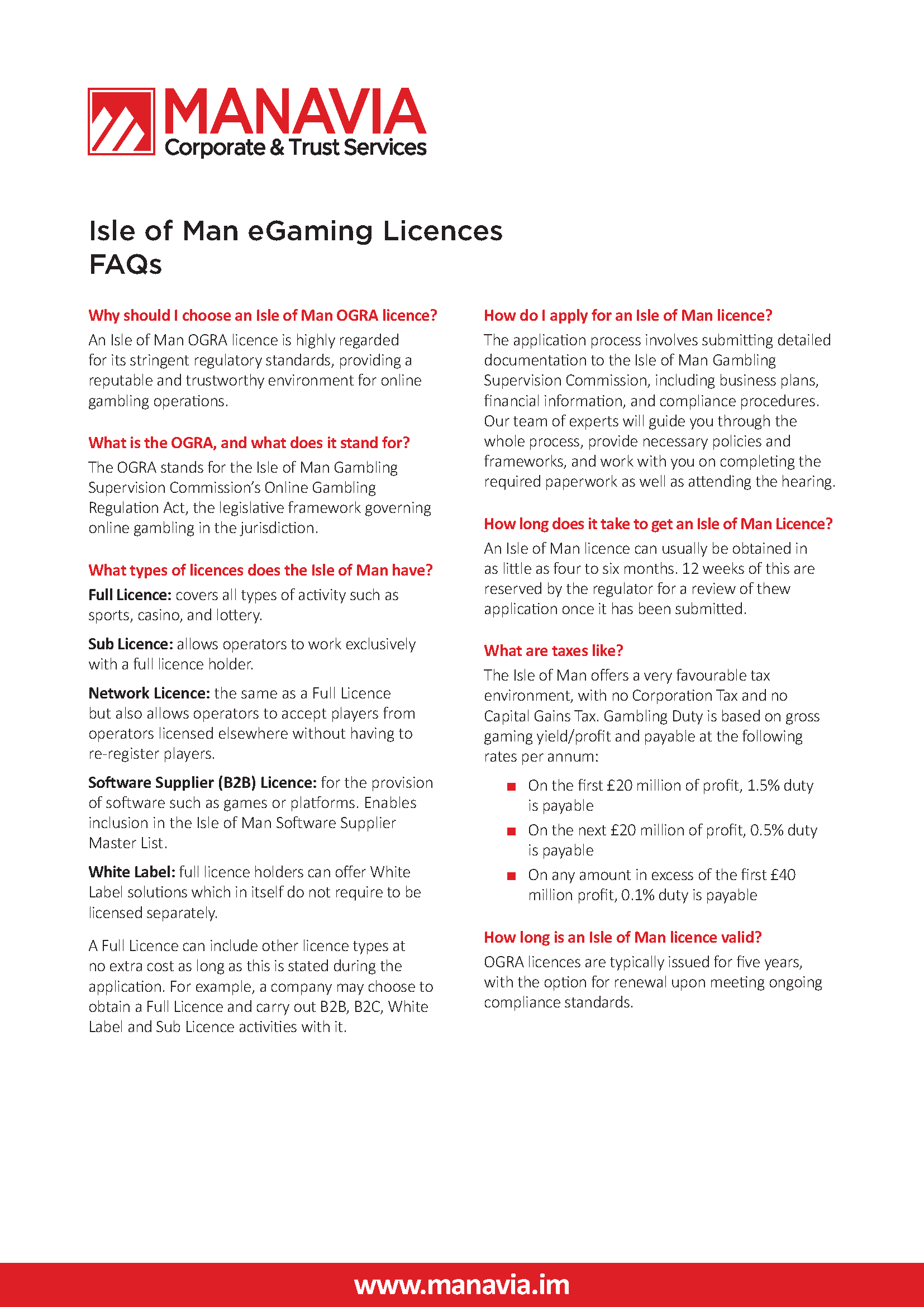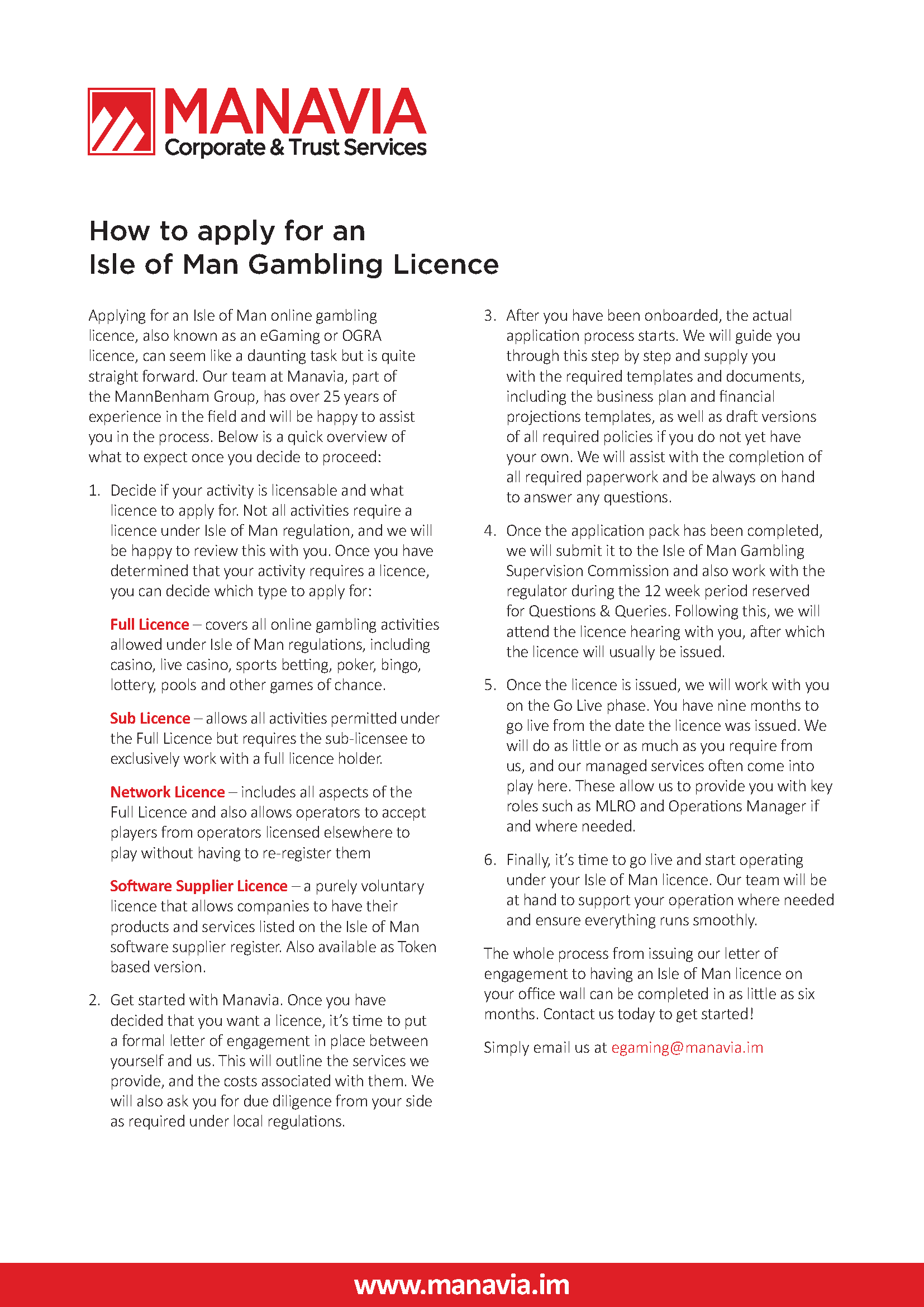
Crypto-Assets Regulation
European Union – Markets in Crypto-assets Regulation (MiCA)
(Regulation (EU) 2023/1114 31 May 2023)[1]
The European Union, as part of its Digital Finance Package[1] and after much consultation and debate,[2] published its draft Markets in Crypto-assets Regulation (MiCA) in October 2022. The European Union is a single market, and the possibility of each of its Member States individually regulating crypto-assets is anathema:
(1) It is important to ensure that the Union’s financial services legislation is fit for the digital age, and contributes to a future-ready economy that works for the people, including by enabling the use of innovative technologies. The Union has a stated and confirmed policy interest in developing and promoting the uptake of transformative technologies in the financial sector, including distributed ledger technology (DLT).
(2) Crypto-assets are one of the major DLT applications. […]
(4) The lack of an overall Union framework for crypto-assets can lead to a lack of users’ confidence in those assets, which could significantly hinder the development of a market in those assets and can lead to missed opportunities in terms of innovative digital services, alternative payment instruments or new funding sources for Union companies. In addition, companies using crypto-assets would have no legal certainty on how their crypto-assets would be treated in the different Member States, which would undermine their efforts to use crypto-assets for digital innovation. The lack of an overall Union framework on crypto-assets could also lead to regulatory fragmentation, which would distort competition in the Single Market, make it more difficult for crypto-asset service providers to scale up their activities on a cross-border basis and would give rise to regulatory arbitrage. The crypto-asset market is still modest in size and does not yet pose a threat to financial stability. It is, however, possible that a subset of crypto-assets which aim to stabilise their price in relation to a specific asset or a basket of assets could be widely adopted by retail holders. Such a development could raise additional challenges to financial stability, smooth operation of payment systems, monetary policy transmission or monetary sovereignty.
(5) A dedicated and harmonised framework is therefore necessary at Union level to provide specific rules for crypto-assets and related activities and services and to clarify the applicable legal framework.[3]
MiCA was formally endorsed by the European Parliament on 20 April 2023 and by the Council of the European Union on 16 May 2023. Signed on 31 May 2023, it was published as Regulation (EU) 2023/1114 in the Official Journal of the European Union on 9 June 2023.[4] Running to 149 Articles, it is as complex as it is comprehensive, and replaces current regulatory frameworks of each EU Member State with regard to crypto assets.
Its broad scope covers the offer and marketing of crypto-assets, issues concerning asset-referenced tokens and e-money tokens, the authorisation and operating conditions for crypto-service providers, the prevention of abuses by those in dominant positions in the crypto-asset market, as well as the roles of the European Securities and Markets Authority and the European Banking Authority. MiCA establishes uniform requirements governing the offering and placing on the market of most crypto-assets (excluding e-money tokens and non fungible tokens), as well as requirements governing the fitness and propriety of Cryptocurrency Asset Service Providers (CASPs).
Under MiCA, CASPs in the EU will face extensive compliance requirements, which will augment transparency, reduce the potential for market contagion and largely obviate risks to users. Stablecoin issuers must meet reserve and disclosure requirements to ensure token holders are protected against bank runs.
MiCA is weakened by its assumption that CASPs are inevitably present in crypto transactions. They are not.
It is worth noting that the crypto ecosystem is, however, fundamentally based on the premise of disintermediation. Unlike in traditional finance, intermediaries – the CASPs – are not indispensable for users to own crypto assets or undertake exchange transactions. Self-hosted wallet users can easily trade crypto assets by relying on peer-to-peer trades or by relying on fully decentralised applications. […] The problem of self-hosted wallets is further exacerbated by the gain in popularity of decentralised exchange services. Decentralised exchange services are blockchain based applications that effectuate crypto asset trades between users entirely through automated algorithms and smart contracts. Like self-hosted wallets, fully decentralised exchanges allow exchanging crypto assets without involvement of a standard ‘centralised’ intermediary. Decentralised applications without identifiable persons with control or sufficient influence does not give rise to CASP status.[5]
In excluding non fungible tokens, MiCA fails to regulate one of the principal digital strategies for the concealment and avoidance of beneficial ownership, this exclusion being justified on the sole ground that non fungible tokens pose only limited risks to holders and the financial system. MiCA takes no account of their potential for abuse:
(10) This Regulation should not apply to crypto-assets that are unique and not fungible with other crypto-assets, including digital art and collectibles. The value of such unique and non-fungible crypto-assets is attributable to each crypto-asset’s unique characteristics and the utility it gives to the holder of the token. Nor should this Regulation apply to crypto-assets representing services or physical assets that are unique and non-fungible, such as product guarantees or real estate. While unique and non-fungible crypto-assets might be traded on the marketplace and be accumulated speculatively, they are not readily interchangeable and the relative value of one such crypto-asset in relation to another, each being unique, cannot be ascertained by means of comparison to an existing market or equivalent asset. Such features limit the extent to which those crypto-assets can have a financial use, thus limiting risks to holders and the financial system and justifying their exclusion from the scope of this Regulation.[6]
There will however be a substance over form approach, to deter misclassification of crypto-assets by issuers as non fungible:
(11) The fractional parts of a unique and non-fungible crypto-asset should not be considered unique and non-fungible. The issuance of crypto-assets as non-fungible tokens in a large series or collection should be considered an indicator of their fungibility. The mere attribution of a unique identifier to a crypto-asset is not, in and of itself, sufficient to classify it as unique and non-fungible. The assets or rights represented should also be unique and non-fungible in order for the crypto-asset to be considered unique and non-fungible. The exclusion of crypto-assets that are unique and non-fungible from the scope of this Regulation is without prejudice to the qualification of such crypto-assets as financial instruments. This Regulation should also apply to crypto-assets that appear to be unique and non-fungible, but whose de facto features or whose features that are linked to their de facto uses, would make them either fungible or not unique. In that regard, when assessing and classifying crypto-assets, competent authorities should adopt a substance over form approach whereby the features of the crypto-asset in question determine the classification and not its designation by the issuer.[7]
Equally of concern from an ownership perspective, decentralised autonomous organisations (DAOs) are not caught by MiCA, and this leaves a huge amount of leeway within the European Union for those Member States which are de facto tax havens[8] to promote this burgeoning offshore phenomenon:
(22) This Regulation should apply to natural and legal persons and certain other undertakings and to the crypto-asset services and activities performed, provided or controlled, directly or indirectly, by them, including when part of such activities or services is performed in a decentralised manner. Where crypto-asset services are provided in a fully decentralised manner without any intermediary, they should not fall within the scope of this Regulation.[9] [emphasis added] What could be the influence of MiCA beyond the borders of the European Union? Federico Di Palma points to a possible extraterritorial impact:
MiCA represents the first attempt by a leading global jurisdiction to regulation digital assets and the greater crypto ecosystem. Because MiCA is directly applicable EU law, it will ensure a harmonized regime across member states. MiCA’s impact, however, will likely extend well beyond the EU’s borders. Because MiCA is so comprehensive, it is likely to become a template that many other countries look to when developing their own crypto asset regulatory frameworks.[10]
MiCA itself recognises that the global and cross-border nature of the crypto-asset markets means that external co-operation is essential:
(8) Markets in crypto-assets are global and thus inherently cross-border. Therefore, the Union should continue to support international efforts to promote convergence in the treatment of crypto-assets and crypto-asset services through international organisations or bodies such as the Financial Stability Board, the Basel Committee on Banking Supervision and the Financial Action Task Force.[11]
[1] ‘Communication on a Digital Finance Strategy for the EU’ (European Commission: DG Financial Stability Financial Services and Capital Markets Union, 24 September 2020) <https://www.europeansources.info/record/communication-on-a-digital-finance-strategy-for-the-eu/> (accessed 11 September 2023)
[2] European Parliament Briefing EU Legislation in Progress, Markets in crypto-assets (MiCA) <https://www.europarl.europa.eu/RegData/etudes/BRIE/2022/739221/EPRS_BRI(2022)739221_EN.pdf> (accessed 11 September 2023)
[3] Council of the European Union, Proposals for a Regulation of the European Parliament and of the Council on Markets in Crypto-assets, and amending Directive (EU) 2019/1937 (MiCa) EF 293 ECOFIN 965 CODEC 1428 5 October 2022 5-7 <https://data.consilium.europa.eu/doc/document/ST-13198-2022-INIT/en/pdf> (accessed 11 September 2023)
[4] Regulation (EU) 2023/1114 of the European Parliament and of the Council of 31 May 2023 on markets in crypto-assets, and amending Regulations (EU) No 1093/2010 and (EU) No 1095/2010 and Directives 2013/36/EU and (EU) 2019/1937 <https://eur-lex.europa.eu/legal-content/EN/TXT/PDF/?uri=CELEX:32023R1114&qid=1687674524617> (accessed 11 September 2023) and see links to extensive commentary at European Sources Online <https://www.europeansources.info/record/proposal-for-a-regulation-on-markets-in-crypto-assets/> (accessed 11 September 2023) (Regulation (EU) 2023/1114)
[5] Bob Michel, ‘EU ambition for DAC8 transparency on crypto is cut short by failure to think outside the OECD box’ (Tax Justice Network, 25 May 2023) https://taxjustice.net/2023/05/25/eu-ambition-for-dac8-transparency-on-crypto-is-cut-short-by-failure-to-think-outside-the-oecd-box/ (accessed 11 September 2023) © Tax Justice Network
[6] Regulation (EU) 2023/1114 recital (10)
[7] Regulation (EU) 2023/1114 recital (11)
[8] For a review of EU member states which function as tax havens, see Paul Beckett, An Anatomy of Tax Havens: Europe, the Caribbean and the United States of America (De Gruyter, Berlin, 2023) ch 1 ‘Where are the tax havens?’
[9] Regulation (EU) 2023/1114 recital (22)
[10] Frederico Di Palma, ‘An Overview of the EU Crypto-Asset Regulatory Framework (MiCA)’ (Fordham Journal of Corporate & Financial Law, 6 February 2023) <https://news.law.fordham.edu/jcfl/2023/02/06/an-overview-of-the-eu-crypto-asset-regulatory-framework-mica/> (accessed 11 September 2023)
[11] Regulation (EU) 2023/1114 recital (8)
MannBenham is here for you
We are here for you to talk through what you need, with years of experience and knowledge. Should you wish advice on doing business on the Isle of Man or just wish to understand your options, please feel free to speak with us on +44 (0)1624 639350 or email us at [email protected].
Article “Crypto-Assets Regulation” posted on 04 September 2023 | Reposted 29 November 2023 | Written by Paul Beckett


